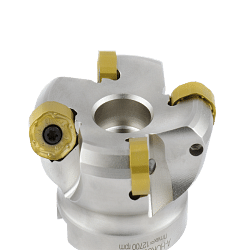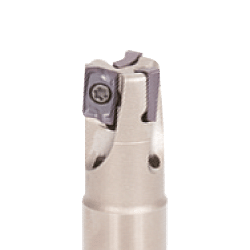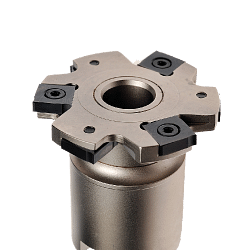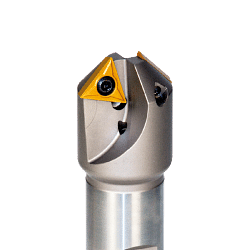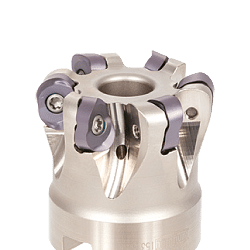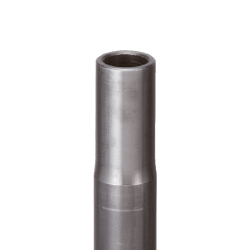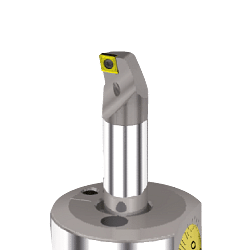Register and use the discount code NEWWELCOME to get 10% off on your first purchase. GET DISCOUNT.
Register and use the discount code NEWWELCOME to get 10% off on your first purchase. GET DISCOUNT.
Register and use the discount code NEWWELCOME to get 10% off on your first purchase. GET DISCOUNT.
Free shipping in 24h from 200€
Catalogues
Customer service
How can we help you?
- Faq
- Customer service
02.927371
- Supporting big orders
02.38298620
-
info@linkindustrialtools.it
- Request assistance with form
Or contact us with the chat in the lower right corner
- All products
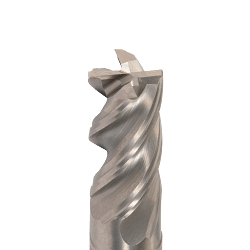 Integral cutting tools
Integral cutting tools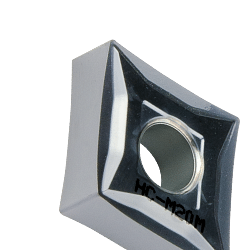 Turning tools
Turning tools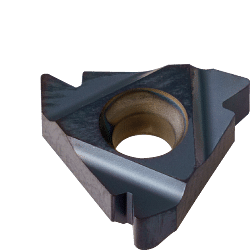 Thread tools
Thread tools Thread tools
Thread tools- All products
- Thread inserts
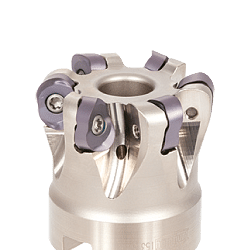 Milling cutters
Milling cutters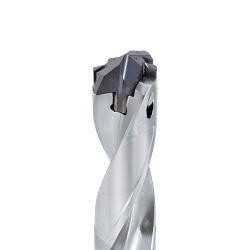 Drilling tools
Drilling tools Drilling tools
Drilling tools- All products
- Indexable drill bits
- Indexable drill heads
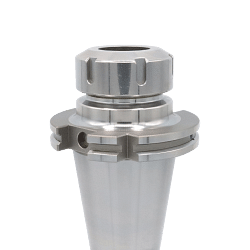 Clamping systems
Clamping systems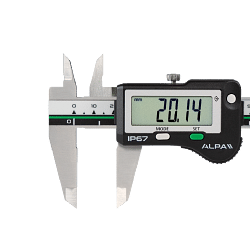 Measuring and precision tools
Measuring and precision tools Measuring and precision tools
Measuring and precision tools- All products
- Digital calipers with readings to 0.01
- Analogue calipers
- Digital micrometers
- Analogue micrometers
- Bore gauges
- Snap gauges
- Digital gauges
- Analogue gauges
- Touch probes
- Zero setters and edge finders
- Inspection plates
- Altimeters
- Height gauges
- Squares and levels
- Threaded rings
- Gauge blocks
- Calibrated tapes and thickness gauges
- Digital and analogue hardness testers
- Roughness testers
- Microscopes, lenses and visors
- Digital thermo-hygrometer to measure moisture
- Reset benches
- Optical profile projector
- Professional, digital dynamometers
- Laboratory scales
- Digital amperometric pliers
- Thickness and adhesion gauges
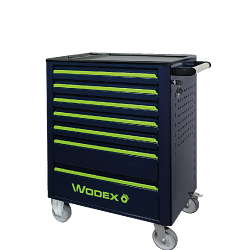 Hand tools
Hand tools Hand tools
Hand tools- All products
- Combination wrenches
- Spanners
- Hook wrenches
- Tubular wrenches
- Hexagon keys
- Torx wrench
- Socket wrenches
- Screwdrivers
- Torque wrenches
- Torque screwdriver
- Inserts and bits for screw drivers
- Tool trolleys
- Workshop pliers
- Wire strippers
- Cable strippers
- Cutting nippers
- Professional scissors
- Nippers
- Professional shears
- American or Swedish pipe wrench
- Adjustable wrench
- Pipe tools
- Pipe cutter for plumber
- Cutter
- Hacksaws
- Deburring tools
- Chisels
- Hammers and mallets
- Mechanical and conical pullers
- Clamps
- Tap wrenches and die stocks
- Riveters
- Flexometers
- Tape measures
- Markers
- Flat squares and rulers
- Professional dividers
- Professional protractors
- Brushes
- Lubricators and spray nozzles
- T-wrenches
- Reversible ratchets
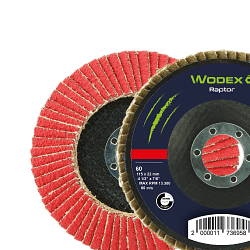 Abrasives
Abrasives Abrasives
Abrasives- All products
- Cutting discs
- Deburring grinding wheel
- Flap discs
- Fabric discs for surface treatment
- Abrasive fibre discs with Velcro
- Abrasive cloth in rolls, sheets and bands
- Flap wheels with pin and abrasive wheel with hole
- Abrasive wheels for buffing machines
- Abrasive spiral bands
- Abrasive brushes
- Flexible sanders
- Mounted grinding discs
- Polishing felt
- Solid carbide rotary cutters
- HSS rotary cutters
- Abrasive wheels for sharpening and grinding
- Diamond grinding wheels
- Grinding stone
- Diamond paste
- Abrasive stones
- Files and rasps
- Diamond files
- Grinders and polishing equipment
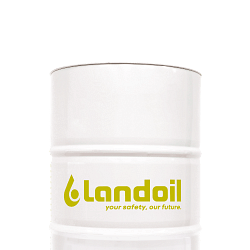 Lubricants for machine tools
Lubricants for machine tools Lubricants for machine tools
Lubricants for machine tools- All products
- Water-miscible coolants
- Neat cutting oil
- Minimal lubrication systems
- Oil for guides and slides
- Drums of hydraulic oil fluid
- Anti-freeze for machine tools
- Air coolers
- Oil separator
- Powders and absorbents for oil
- Aspirators for oil mist
- Accessories for cooling lubricants
- Metal and mould protectors
- Grease and paste
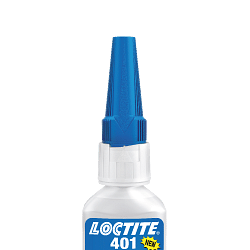 Chemical, adhesives and sealants
Chemical, adhesives and sealants Chemical, adhesives and sealants
Chemical, adhesives and sealants- All products
- Acrylic, cyanoacrylate and epoxy adhesives
- Guns and silicon sealant
- Threadlocker
- Sealants and retainers
- Release agents, lubricants and anti-seize
- Zinc spray and polishes
- Lubrication accessories
- Protections for maintenance
- Industrial Cleansing
- Handwash
- Industrial cloths and rags
- Welding machines
- Electrodes
- Clamps, shields and welding masks
- Antispatter
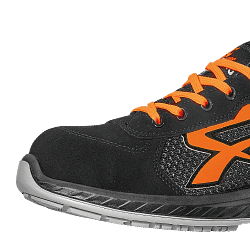 Safety equipment
Safety equipment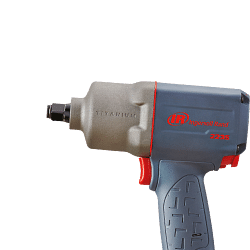 Pneumatics
Pneumatics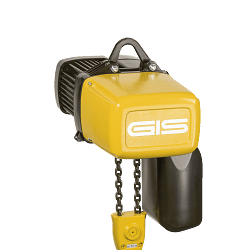 Lifting systems
Lifting systems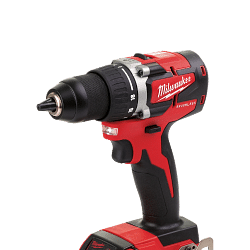 Workshop equipment
Workshop equipment Workshop equipment
Workshop equipment- All products
- Column and bench drills
- Accessories for lathes
- Band saws
- Cut-off machines
- Bench grinders
- Power tools
- Spare parts and accessories for Power Tools
- Saws and hole cutters: wood, metal and plasterboard
- Tapered cutters for sheet metal
- Industrial aspirators
- Fume aspirators
- Bench vices
- Technical lamps
- LED torches
- Industrial cable winders
- Trolley wheels
- Quick clamps
- Threaded inserts
- Control knobs
- Packaging accessories and material
- Belt sanders
- Electric tapping machines
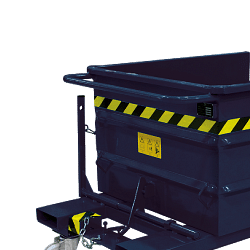 Furnishings and storage
Furnishings and storage Furnishings and storage
Furnishings and storage- All products
- Work benches
- Swivel chairs for office use
- Drawer units for workshops
- Industrial cabinets for warehouses and workshops
- Tool cabinets
- Security cabinets
- Changing room cabinets
- Containers for small metal parts
- Scrap holders
- Workshop trolleys
- Spill pallets for drum storage
- Shelves for warehouses and offices
- Cantilever shelving
- Aluminium ladders
- Modular plinths
- Units and cabinets for waste recycling
 Brand
BrandPromotions
 Bestseller
Bestseller- Catalogues
-
Catalogues
Customer service
How can we help you?
- Faq
- Customer service
02.927371
- Supporting big orders
02.38298620
-
info@linkindustrialtools.it
- Request assistance with form
Or contact us with the chat in the lower right corner
< Milling cutters
- Home
- Milling cutters
- Modular boring system
Modular boring system
The modular boring system represents one of the most advanced and versatile solutions in the field of machining. This tool is essential for workshops seeking to optimise production processes, improve precision and reduce machining times. Boring, a machining process that allows existing holes to be enlarged, requires high-precision and reliable tools. Modular boring systems offer the flexibility to adapt to different operational requirements, while guaranteeing high quality results.
Understanding the modular boring system
A modular boring system consists of a series of interchangeable components that can be assembled in different configurations to meet specific machining requirements. These systems are designed to offer great versatility, allowing operators to quickly adapt the tools to the size and characteristics of the workpiece. Modularity not only simplifies the set-up process, but also reduces the need for a large inventory of tools, as a single system can be used for a variety of applications.
Benefits of using a modular boring system
The adoption of a modular boring system has several advantages for machine shops. Firstly, modularity allows for a significant reduction in operating costs. Since components can be reused in different configurations, workshops can reduce their investment in application-specific tools. In addition, the ability to quickly customise the system to suit new production requirements improves operational efficiency and reduces downtime.
Another key benefit is precision. Modular boring systems are designed to ensure tight tolerances and high-quality surface finishes. This is especially important in industries such as aerospace and automotive, where precision is paramount. The ability to maintain tight tolerances reduces the need for re-machining, thus improving overall productivity.
Modular boring system applications
Modular boring systems find applications in a wide range of industries. In the automotive industry, for example, they are used for machining critical components such as engine blocks and cylinder heads. In the aerospace industry, they are used for machining structural components and engine parts, where precision and reliability are essential.
Furthermore, these systems are widely used in the production of industrial machinery, where the ability to adapt to different sizes and shapes of parts is crucial. The flexibility offered by modular systems for boring allows workshops to respond quickly to customer demands, improving competitiveness in the market.
How to choose the right modular boring system
Choosing the right modular boring system for your needs requires careful evaluation of several factors. First, it is important to consider the technical specifications of the system, such as the range of supported diameters, depth of cut and compatibility with the materials to be processed. In addition, the ease of configuration and the availability of additional accessories may influence the choice.
Another aspect to consider is the quality of the system. It is essential to choose a modular boring system made of high-quality materials and designed to resist wear and mechanical stress. The durability and reliability of the system will directly influence the productivity and operating costs of the workshop.
Frequently asked questions about modular boring systems
1. What are the main components of a modular boring system?
The main components include the tool body, interchangeable boring heads, cutting inserts and supports. These elements can be combined in different configurations to suit specific machining requirements.
2. How is a modular boring system maintained?
Regular maintenance is essential to ensure the longevity and efficiency of the system. This includes cleaning the components, replacing worn cutting inserts and periodically checking tolerances.
3. What materials can be machined with a modular boring system?
Modular boring systems are designed to machine a wide range of materials, including steel, aluminium, titanium and special alloys. Choosing the appropriate cutting inserts is critical to optimising performance.
4. Can a modular boring system be used on CNC machines?
Yes, modular boring systems are compatible with CNC machines, allowing precise control of the machining process and improving automation and efficiency.
5. What are the future trends in modular boring systems?
Future trends include the integration of advanced technologies such as sensors for real-time monitoring of machining conditions and the use of innovative materials to improve tool life and performance.
In conclusion, the modular boring system is an indispensable solution for machine shops seeking to improve the precision, efficiency and flexibility of their production processes. With the right choice and maintenance, these systems can offer significant cost and quality advantages, contributing to the long-term success of the company.
Read More Read LessUnderstanding the modular boring system
A modular boring system consists of a series of interchangeable components that can be assembled in different configurations to meet specific machining requirements. These systems are designed to offer great versatility, allowing operators to quickly adapt the tools to the size and characteristics of the workpiece. Modularity not only simplifies the set-up process, but also reduces the need for a large inventory of tools, as a single system can be used for a variety of applications.
Benefits of using a modular boring system
The adoption of a modular boring system has several advantages for machine shops. Firstly, modularity allows for a significant reduction in operating costs. Since components can be reused in different configurations, workshops can reduce their investment in application-specific tools. In addition, the ability to quickly customise the system to suit new production requirements improves operational efficiency and reduces downtime.
Another key benefit is precision. Modular boring systems are designed to ensure tight tolerances and high-quality surface finishes. This is especially important in industries such as aerospace and automotive, where precision is paramount. The ability to maintain tight tolerances reduces the need for re-machining, thus improving overall productivity.
Modular boring system applications
Modular boring systems find applications in a wide range of industries. In the automotive industry, for example, they are used for machining critical components such as engine blocks and cylinder heads. In the aerospace industry, they are used for machining structural components and engine parts, where precision and reliability are essential.
Furthermore, these systems are widely used in the production of industrial machinery, where the ability to adapt to different sizes and shapes of parts is crucial. The flexibility offered by modular systems for boring allows workshops to respond quickly to customer demands, improving competitiveness in the market.
How to choose the right modular boring system
Choosing the right modular boring system for your needs requires careful evaluation of several factors. First, it is important to consider the technical specifications of the system, such as the range of supported diameters, depth of cut and compatibility with the materials to be processed. In addition, the ease of configuration and the availability of additional accessories may influence the choice.
Another aspect to consider is the quality of the system. It is essential to choose a modular boring system made of high-quality materials and designed to resist wear and mechanical stress. The durability and reliability of the system will directly influence the productivity and operating costs of the workshop.
Frequently asked questions about modular boring systems
1. What are the main components of a modular boring system?
The main components include the tool body, interchangeable boring heads, cutting inserts and supports. These elements can be combined in different configurations to suit specific machining requirements.
2. How is a modular boring system maintained?
Regular maintenance is essential to ensure the longevity and efficiency of the system. This includes cleaning the components, replacing worn cutting inserts and periodically checking tolerances.
3. What materials can be machined with a modular boring system?
Modular boring systems are designed to machine a wide range of materials, including steel, aluminium, titanium and special alloys. Choosing the appropriate cutting inserts is critical to optimising performance.
4. Can a modular boring system be used on CNC machines?
Yes, modular boring systems are compatible with CNC machines, allowing precise control of the machining process and improving automation and efficiency.
5. What are the future trends in modular boring systems?
Future trends include the integration of advanced technologies such as sensors for real-time monitoring of machining conditions and the use of innovative materials to improve tool life and performance.
In conclusion, the modular boring system is an indispensable solution for machine shops seeking to improve the precision, efficiency and flexibility of their production processes. With the right choice and maintenance, these systems can offer significant cost and quality advantages, contributing to the long-term success of the company.


